We are firmly committed to maximum security throughout the entire process of our logistics operations as we have all the certifications that support it.
We have been adapting to EU and national regulations through different certifications that endorse it. Our purpose is to minimize risks to avoid harm to both people and the products we store, handle and transport, as well as to protect the environment.we store, handle and transport, as well as protecting the environment.
Our safety guarantee complies with all regulations for the storage of hazardous chemicals, transport of dangerous goods, occupational risk prevention and fire safety, as well as the legal requirements for occupational health and safety.Our safety guarantee complies with all regulations for the storage of hazardous chemicals, transport of dangerous goods, prevention of occupational hazards and fire safety, as well as the legal requirements for health and safety at work.

Chemical Handling Safety Advantages with us
- Extinguishing systems: foam generator, extinguishers and Bie's, 250 m3 water tank with motors and PCI impulsion pumps.
- CCTV camera network controlled from an alarm center and from mobile devices.
- Connection with the alarm center 24 hours a day, 365 days a year.
- Night surveillance rounds.
Certifications
We have the certifications that endorse our work.
ISO 9001 certification is an international standard that establishes the requirements for an effective quality management system in an organization. This certification is based on continuous improvement and customer satisfaction, and applies to any type of organization, whether large or small, public or private.
ISO 9001 certification involves a detailed evaluation of the organization’s processes and procedures, and its implementation implies the adoption of a systematic approach to quality management in all aspects of the organization. The certification process involves an assessment by an independent certifying body that evaluates whether the organization meets the requirements established by the ISO 9001 standard.
ISO 9001 certification is an international standard that establishes the requirements for an effective quality management system in an organization. This certification is based on continuous improvement and customer satisfaction, and applies to any type of organization, whether large or small, public or private.
ISO 9001 certification involves a detailed evaluation of the organization’s processes and procedures, and its implementation implies the adoption of a systematic approach to quality management in all aspects of the organization. The certification process involves an assessment by an independent certifying body that evaluates whether the organization meets the requirements established by the ISO 9001 standard.
The ROESP Certification, also known as the Official Register of Pesticide Establishments and Services, is a register applied in Spain for the control of establishments and services that use pesticide products, both in the field of agriculture and public health.
To obtain ROESP Certification, companies must meet a series of requirements and pass a series of inspections by the competent health authorities. These requirements include having trained and certified personnel for the handling of pesticide products, having adequate facilities for the storage of the products, having a waste management system in place and following the standards and procedures established by Spanish legislation.
The RSIPAC Certification, also known as Sanitary Registry of Industries and Food Products of Castilla-La Mancha, is a sanitary registry applied in this autonomous community. Its objective is to guarantee the food safety of products produced, handled and/or marketed in the region.
To obtain certification, companies engaged in the production, processing, storage, distribution and sale of food must comply with a series of sanitary requirements established by the competent authorities. These requirements include compliance with sanitary regulations in food processing and handling, product quality and hygiene control, product traceability and personnel training in food safety.
SQAS Warehouse certification is an international standard for the assessment and certification of warehouses handling chemicals. SQAS stands for “Safety, Quality and Environmental Assessment” and was developed to standardize the assessment and certification processes for warehouses handling chemicals across Europe.
SQAS Warehouse certification involves the evaluation and control of safety, quality and environmental aspects of chemical warehouses to ensure the safety of people, goods and the environment. This assessment is carried out by an audit conducted by an independent body, which evaluates the warehouse’s compliance with SQAS standards.
SANDACH accreditation is a process through which official certification is granted to facilities or companies that comply with sanitary and phytosanitary requirements established by the competent authorities. The term “SANDACH” comes from the combination of the words “Sanitation” and “Customs”, referring to the regulations and measures related to the sanitation and protection of plants and animals in the customs area.
SANDACH accreditation is especially relevant in the context of international trade, as it ensures that imported or exported products comply with established sanitary and phytosanitary regulations, preventing the introduction of pests, diseases or contaminants in the receiving countries.
To obtain SANDACH accreditation, companies must comply with a series of requirements and undergo inspections and audits by the competent authorities. This may include the implementation of quality control measures, good manufacturing practices, product traceability, among other aspects related to food safety and sanitation.
In summary, SANDACH accreditation refers to the certification granted to companies that comply with sanitary and phytosanitary standards required for international trade, with the objective of guaranteeing the protection of public health and food safety.
The CARE accreditation involves subjecting the organization or company to comprehensive evaluations by an accreditation body or an independent body that evaluates and verifies the compliance with quality standards and criteria in health care. These standards may include aspects related to patient safety, quality of medical services, risk management, efficiency and patient satisfaction.
Earning CARE accreditation is recognition that the organization or company has demonstrated a commitment to quality and continuous improvement in the delivery of health care services. This can provide confidence to patients, health insurance providers and other stakeholders in the quality and safety of the services provided.
APQ (Storage of Chemical Products) refers to those places designed and equipped for the safe storage of chemical products. These facilities are subject to specific regulations to ensure the protection of the environment, the safety of workers and the surrounding community .
The installation of an APQ plant requires several key elements, which may vary according to local regulations and specific requirements. However, here are some general aspects to consider:
- Location: Choose a suitable location for the installation that complies with the zoning requirements and safety distances established by the authorities. Proximity to residential areas, water sources, transportation routes, among others, should be taken into account.
- Design and construction: APQ facilities should be designed and constructed in accordance with specific norms and standards. This includes considerations such as type of construction, fire resistant materials, ventilation and drainage systems, fire control systems, among others.
- Safety and risk prevention: It is essential to implement safety measures to prevent accidents, leaks and spills. This includes the installation of fire detection and suppression systems, spill containment systems, clear signage and adequate training for personnel.
- Access control: Access control measures should be established to limit entry to the facilities to authorized personnel. This involves identification systems, security locks, surveillance cameras, among others.
- Waste management: APQ facilities must have an adequate plan for the management of chemical waste, ensuring its correct storage, labeling and final disposal in accordance with applicable regulations.
Earning CARE accreditation is recognition that the organization or company has demonstrated a commitment to quality and continuous improvement in the delivery of health care services. This can provide confidence to patients, health insurance providers and other stakeholders in the quality and safety of the services provided.
The Registre d’Instal-lacions Tècniques de Seguretat Industrial de Catalunya (RITSIC) is a specific registry used in Catalonia, Spain, to register and control industrial technical installations and guarantee their safety .
RITSIC is managed by the Generalitat de Catalunya, through the Departament d’Empresa i Coneixement, and its main objective is to collect detailed information on industrial facilities in the region. This includes facilities in different sectors, such as chemical, energy, food, pharmaceutical, among others.
RITSIC aims to improve the safety of industrial facilities and facilitate control and monitoring by the competent authorities. It provides a centralized record of information that allows authorities to conduct inspections, assess risks and ensure compliance with industrial safety regulations.
Products with Danger Pictograms
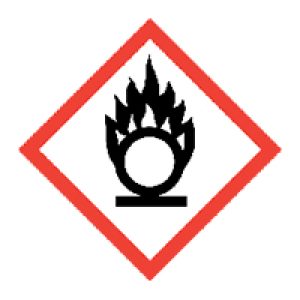
Fuel
Indicates the presence of oxidizing gases, solids or liquids that may cause fire or combustion.
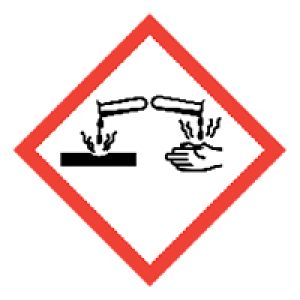
Corrosive
Indicates that the substance is corrosive and may cause severe skin burns and eye damage.
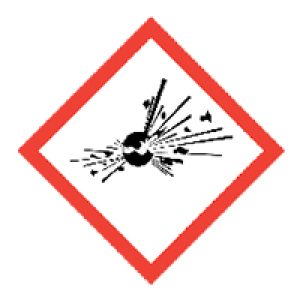
Explosion
Presence of explosive, self-reactive substances and organic peroxides that can cause explosion.
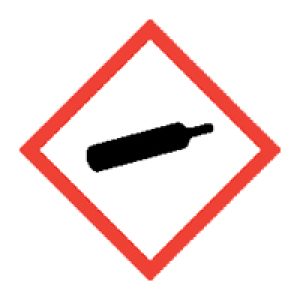
Pressurized gas
Gas under pressure, refrigerated gas or dissolved gas that may explode, cause burns or injury.
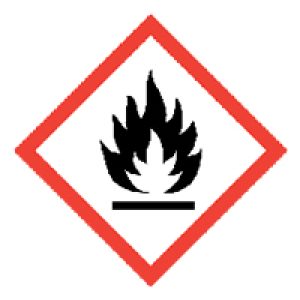
Flammable
They may catch fire in contact with air or emit flammable gases in contact with water.
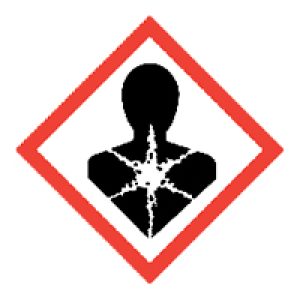
Serious health hazard
The substance may cause cancer, respiratory difficulties or be deadly or very harmful.
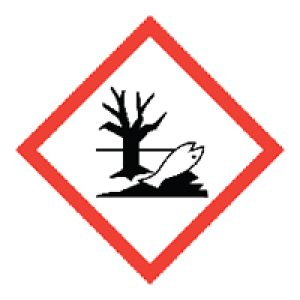
Environmental hazard
Indicates that the substance is toxic or harmful to aquatic organisms.
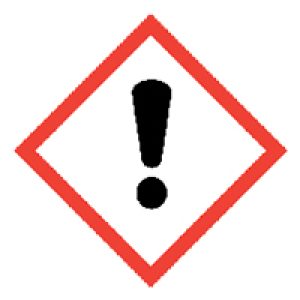
Health hazard
The substance may cause acute toxicity, skin and eye irritation or cause drowsiness and dizziness.
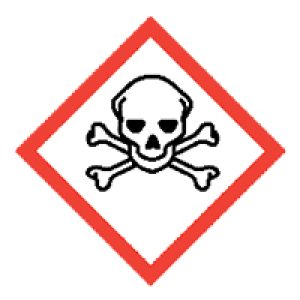
Acute toxicity
The substance is extremely toxic in contact with skin, if inhaled or ingested, and can be fatal.
Chemical Safety Regulations and Standards
APQ Regulations
The APQ Regulation is a set of standards and technical provisions that establish the safety measures to be applied in the storage and transport of hazardous chemicals in Spain. establishes the safety measures to be applied in the storage and transport of hazardous chemicals in Spain.. APQ stands for “Storage of Chemical Products”, and the regulation establishes the safety and prevention measures necessary to avoid accidents and minimize risks to health and the environment.
The APQ Regulation applies to all companies handling, transporting or storing hazardous chemicals, and its objective is to establish appropriate safety conditions to prevent accidents and minimize damage in the event of an accident..
CLP Regulations
CLP (Classification, Labelling and Packaging) is a set of rules and regulations established by the European Union for the classification, labelling and packaging of chemical substances and mixtures. for the classification, labeling and packaging of chemical substances and mixtures.. This regulation came into force in 2009 and aims to harmonize the criteria for the classification and labeling of chemicals throughout Europe.
The CLP Regulation establishes a harmonized harmonized system of classification of chemical substances and mixtures.based on the Globally Harmonized System (GHS), which is used worldwide. This system takes into account the physical, chemical and environmental hazards of chemical substances and mixtures and provides detailed information on the risks associated with their use.
